#BizTrends2021: 5 key factors influencing the business of fashion
Below are five factors which will affect the business of fashion in 2021:
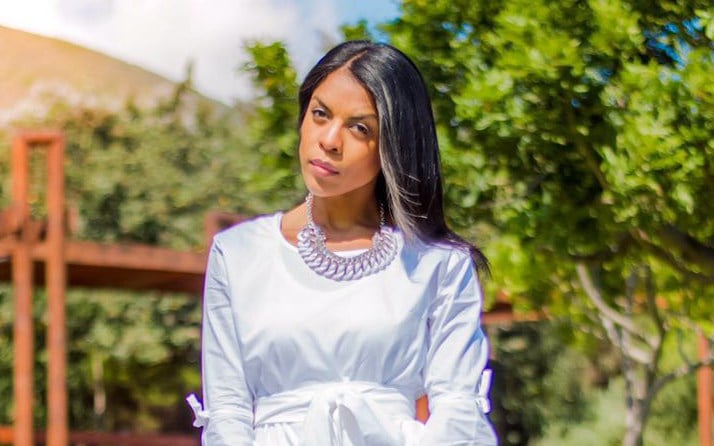
Going back to our roots
Over the last few years, we have seen a rise in people embracing their heritage more, and hundreds of women going ‘natural’ with their hair. Actresses such as Tracee Ellis Ross and Yara Shahidi as well as local stars Pearl Thusi, Nomzamo Mbatha which are key advocates for this look.
Not only are they wearing more African prints, statement T-shirts eluding to their heritage but we also see companies such as Clicks collaborating with hair product suppliers to host ‘natural’ hair fests, etc.
We also see more inclusivity in fashion ads internationally and locally. With the sensitivity around colour and ‘Black Lives Matter’ awareness and issues, Nike released an ad addressing this social issue in America.
International superstar Rihanna was recently praised for her lingerie fashion show, which included models of different shapes and sizes as well as abilities. SA design house Rufftung, as well as Unknown Union, has long advocated for the inclusivity of all types of people in their shows, and I believe we will see more local designers breaking out of the mould.
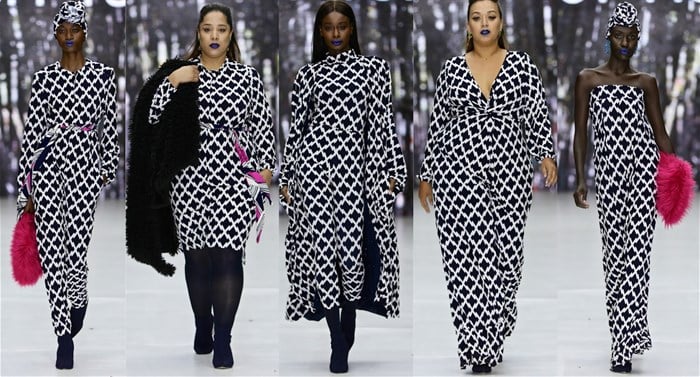
Fashion is slowing down – ‘seasonless’ is the new catchphrase
Although slow and ethical fashion became a trend that has slowly infiltrated the fashion market, mainstream and fashion markets are not responding to the need for sustainable fashion as we would like. However, the outcries for more responsible fashion trading and the consequence of fashion on consumer buying patterns as well as the uncertainty of the lifespan of the pandemic has famous design houses such as Gucci and Saint Laurent opting out of the regular summer/winter shows, which implies more transitional and sustainable fashion items. Saint Laurent recently also launched a sustainability-focused couture training programme!
Fashion houses are forced to shift their fashion calendars, and the ‘seasonless’ approach allows buyers and clients to purchase directly off the runway.Seasonless fashion is transitional and can be recycled and worn for longer. I believe that this is a ‘trend’, which will quickly make its way to African soil. Fashion designers such as Heart and Heritage, Hemplove and Elio, already popular for their sustainable fashion lines.
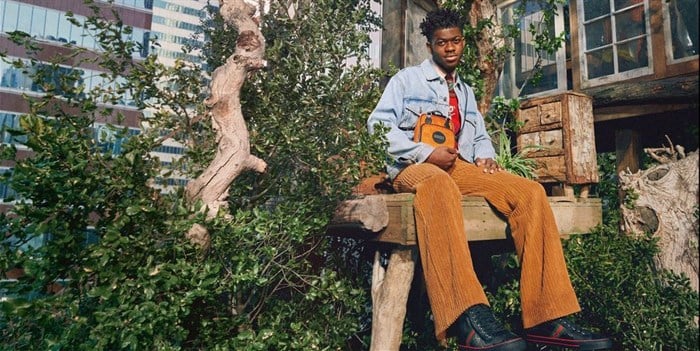
Athleisure and genderless fashion is growing
Comfort dressing has shifted from an essential to a key fashion look. The effects of the pandemic on businesses forced ‘remote’ employees to exercise comfort. With the decline of normal office-based workers and the unfortunate retrenchments and job losses, consumers are naturally more comfortable at home, and the move to more relaxed and sporty dressing has increased.
Celebrities such as Kim Kardashian, Beyoncé and Nicky Minaj, all make this trend more attractive by showing it off lounging at their glamorous homes or ‘behind the scenes’ shows and music videos.
Another trend that closely links itself to the sporty trend is androgyny, where we see a greater increase in male and female fashion crossing over.
International brands such as Nike are key influencers of this trend.
South African Fashion designers such as 2 Bop and UNKNOWN UNION etc. have long since adopted the trend successfully and I believe we will see a bigger influx of this trend.
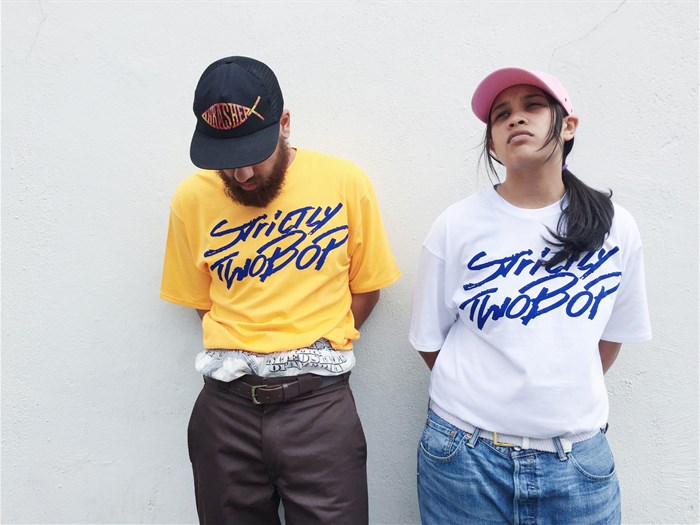
Online - the new normal
The decline in retail sales led to an increase in online sales, which resulted in global online sales growth to almost 30%.
In line with the shift to online sales, we also see sellers making use of free or inexpensive platforms to advertise local fashion: ‘Yaga’ and Facebook Marketplace’ have become a favourite selling platform which also attracted celebrity bloggers such as Aisha Baker from Baked on the Blog.
Fashion shows and events going digital
In line with digital sales and platforms we also see Fashion weeks events inclusive of SA Menswear Week and AFI Fashion Weeks were forced to host fashion weeks online and this might suggest a possibility of ongoing digital shows in the upcoming year.
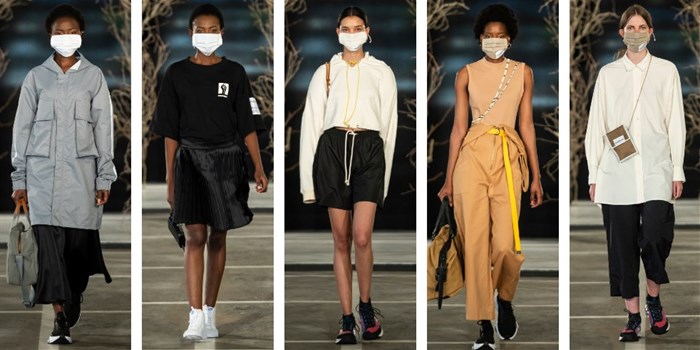
The influence of the pandemic forced a global paradigm shift in our approach to fashion in terms of sustainability, shopping alternatives as well as future possibilities. Although we are facing uncertain times, we believe that we were forced to look at alternatives we may have never been drawn to. It is an exciting time for innovative approaches to fashion and I believe that we will see plenty of opportunities birthed during this season.


































